The American Dilemma: Slavery to Race to Class
The power of historians and of the press is that they get to choose which events will be remembered and which fade into obscurity.The power of historians and of the press is that they get to choose which events will be remembered and which fade into obscurity. Our choice concerning the events of Aug. 28, 1963, made with the help of news film, is the elevation of the performance and words of Martin Luther King Jr. and the obscuring of the fear that gripped the nation that hot and sunny day.
Hardly mentioned in last week’s coverage of the 50th anniversary of that triumphant day is how afraid the nation was that events would turn violent in Washington and then be mirrored by race riots in the rest of the country. A. Philip Randolph, the founder of a “colored” union, the Brotherhood of Sleeping Car Porters, was the man who got the idea of the March on Washington for Jobs and Freedom, and Bayard Rustin, the invisible organizer of the massive event, are largely forgotten. That is particularly true of Rustin, who happened to be a pacifist, a socialist and a homosexual. He was a great man, living in a small apartment in a union housing development in lower Manhattan. No one put men like him on the front pages in those days.They were two smart guys, smart enough to know they needed the reluctant help of the brothers Kennedy, the president and attorney general. They were secret collaborators with the government providing security, transportation and even the speaking equipment needed to reach the 250,000 people, black and white, who came to the Lincoln Memorial. The price the organizers had to pay was that marchers had to come to Washington, mainly by buses, on the morning of the 28th and be out of town by sundown the same day.Randolph and Rustin also had to agree that Attorney General Kennedy, who was then no great fan of the civil rights movement and its leadership — he called Rustin “that old black fairy” — would have control of the sound system from a room under the Lincoln Memorial. If things or words got tough, he would kill the sound.At the White House, President Kennedy, who was being pushed to support black activism by young people, black and white, “freedom riders” and black college students in the South, watched on television, afraid of violence and of old Southern segregationists in Congress, all Democrats back then.The president had never invited King to the White House or allowed himself to be photographed with the charismatic young preacher, partly because the director of the Federal Bureau of Investigation, J. Edgar Hoover, kept whispering that King was a communist agent. After King spoke — “I have a dream …” — the president told his brother to bring King and other leaders, again black and white, to his office for photographs. JFK knew a star when he saw one, probably recognizing that King was going to be a more important voice than Hoover in the American future.Slavery, of course, was the great national problem for two centuries, and its aftermath, the problem of race, still is. When Alexis de Tocqueville came to the new United States to write “Democracy in America,” he concluded:© 2013 UNIVERSAL UCLICK
Your support matters…Independent journalism is under threat and overshadowed by heavily funded mainstream media.
You can help level the playing field. Become a member.
Your tax-deductible contribution keeps us digging beneath the headlines to give you thought-provoking, investigative reporting and analysis that unearths what's really happening- without compromise.
Give today to support our courageous, independent journalists.

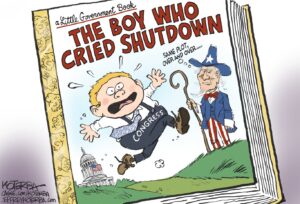
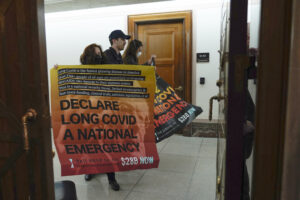
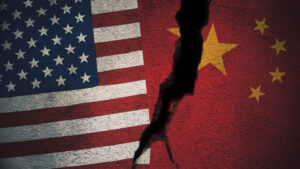
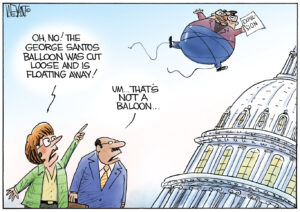
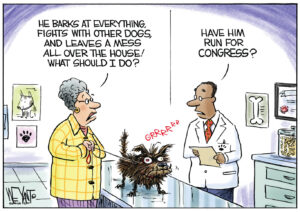
You need to be a supporter to comment.
There are currently no responses to this article.
Be the first to respond.